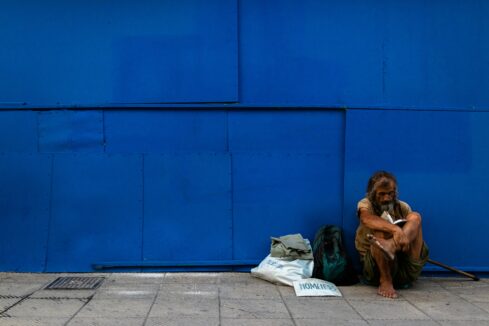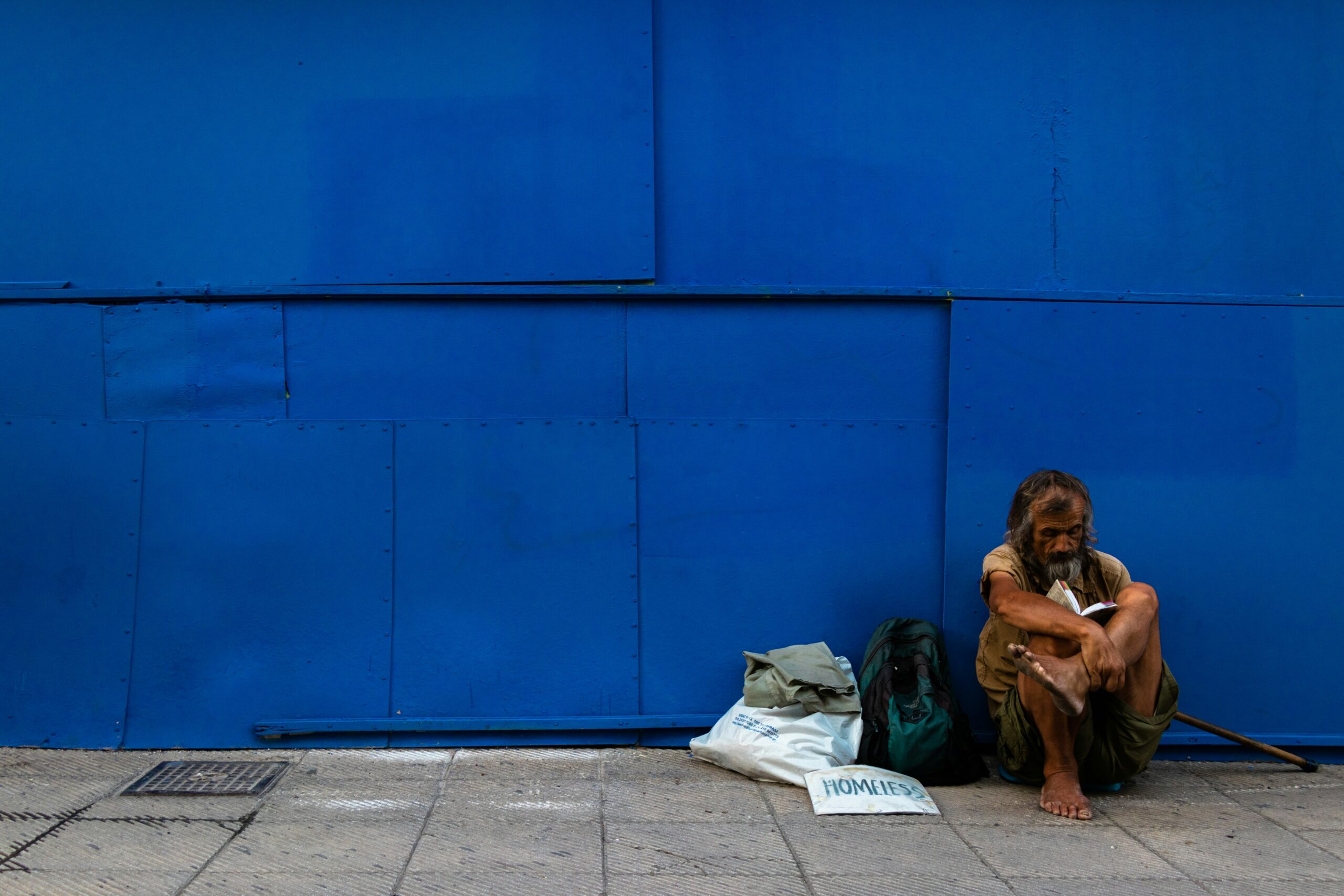
In a world grappling with complex societal issues, the interconnection between poverty and health remains a pressing concern. While strides have been made in healthcare accessibility, disparities persist, with poverty emerging as a significant determinant of health outcomes. Understanding the depth of this relationship is crucial for policymakers, healthcare professionals, and society at large. Here are 18 startling facts shedding light on the intricate link between poverty and health:
1. Poverty Amplifies Health Inequities
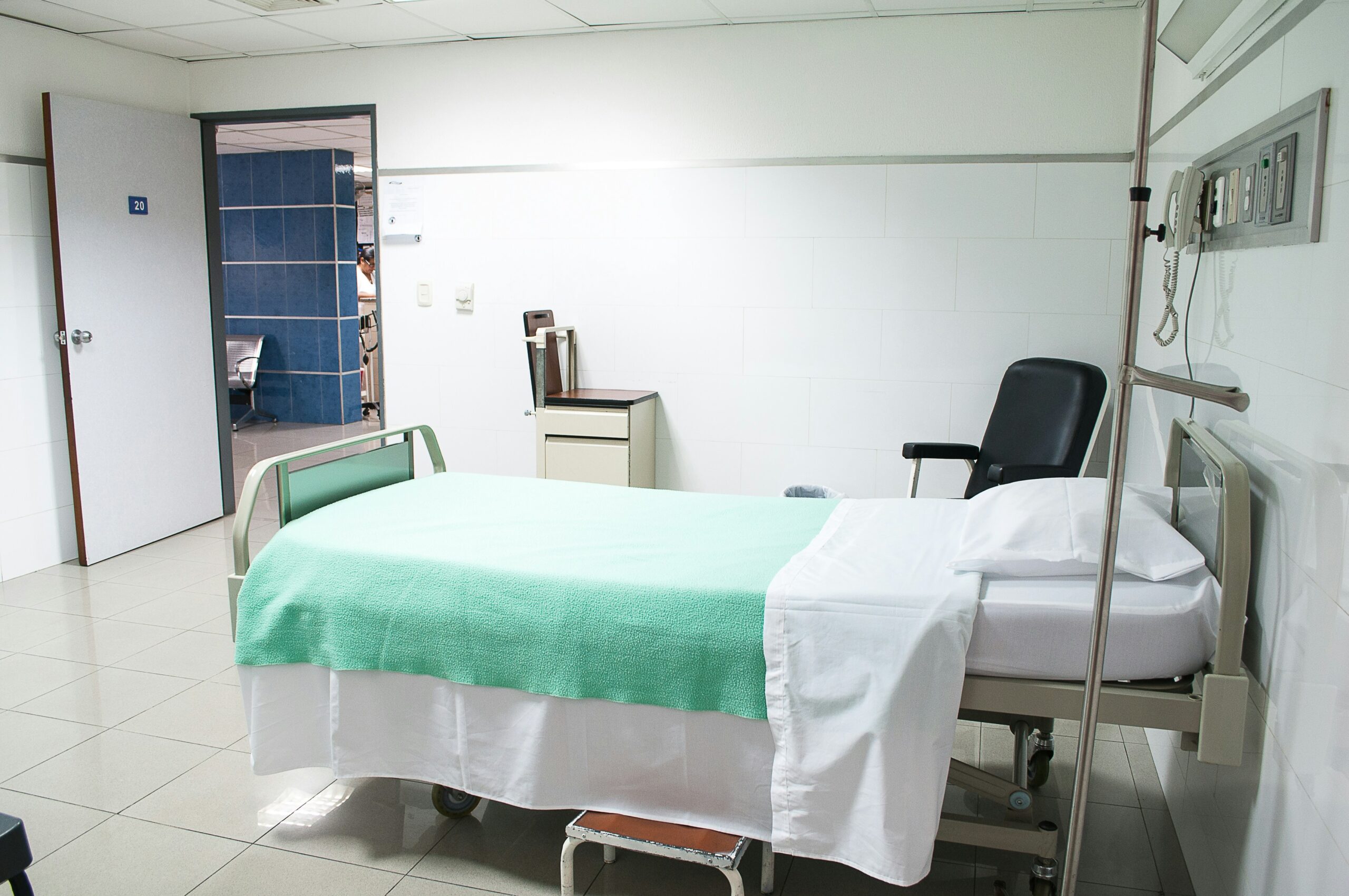
Poverty exacerbates existing health disparities, amplifying the challenges faced by marginalized communities. Limited access to quality healthcare services, nutritious food, safe housing, and education perpetuates a cycle of poor health outcomes.
2. Higher Mortality Rates Among the Poor
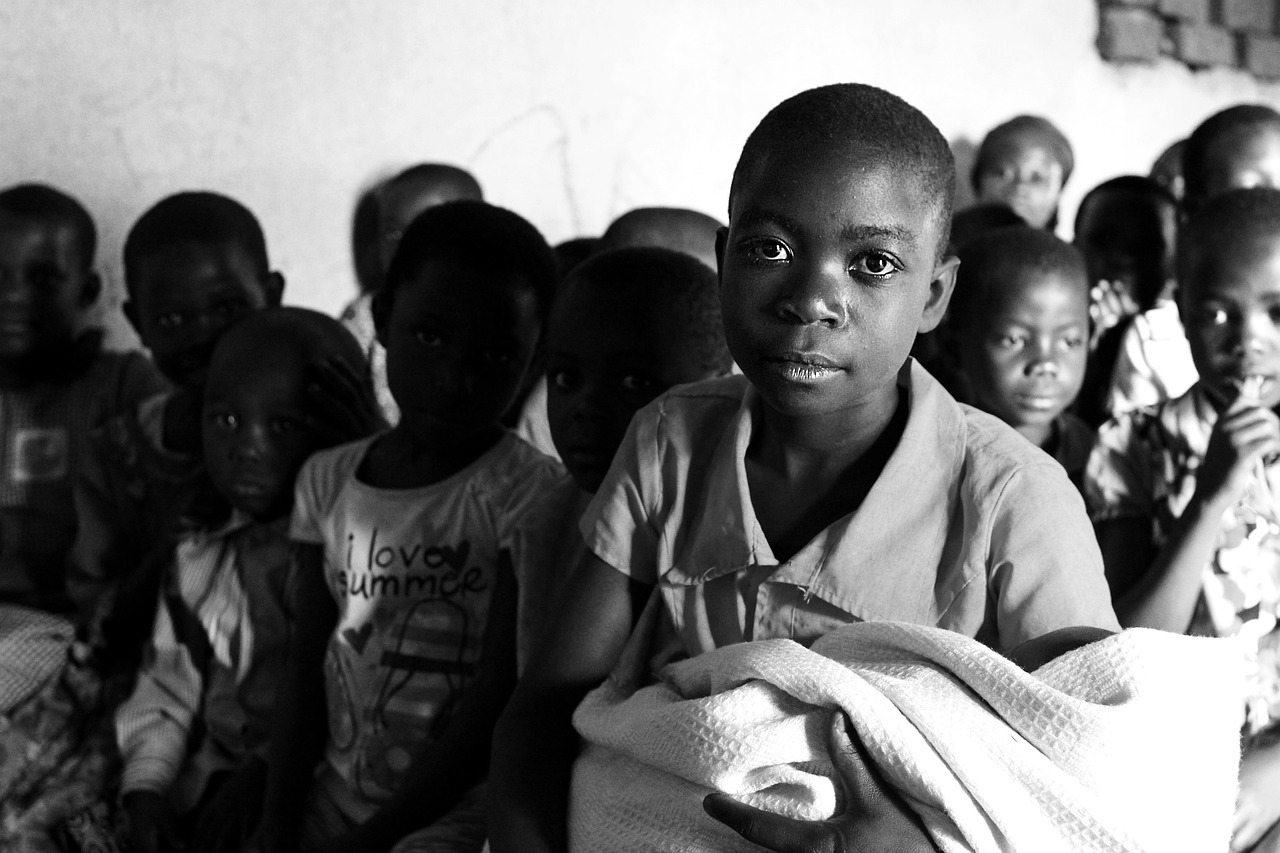
Individuals living in poverty face higher mortality rates compared to their wealthier counterparts. Factors such as inadequate healthcare access, chronic stress, and lifestyle-related diseases contribute to this stark reality.
3. Limited Access to Healthcare Services

Poverty often translates to limited access to healthcare services, including preventive care and essential treatments. This lack of access further exacerbates health issues, leading to undiagnosed conditions and preventable complications.
4. Increased Risk of Chronic Diseases
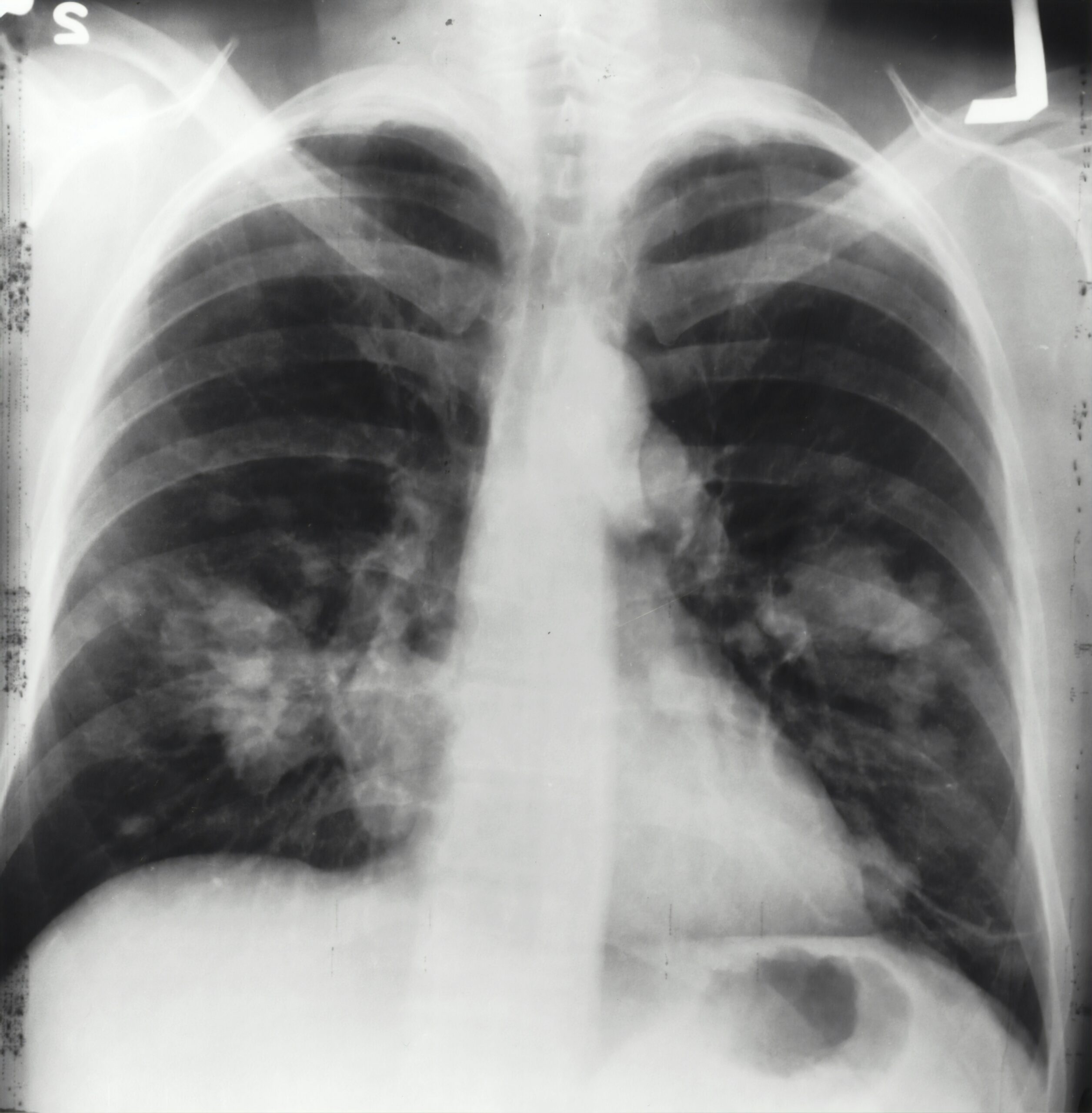
The impoverished are disproportionately affected by chronic diseases such as diabetes, heart disease, and hypertension. Limited resources hinder preventive measures and proper management, resulting in higher prevalence and severity of these conditions.
5. Mental Health Struggles

Poverty significantly impacts mental health, with higher rates of depression, anxiety, and substance abuse observed among low-income populations. Stigma and inadequate access to mental health services exacerbate these challenges.
6. Nutritional Deficiencies
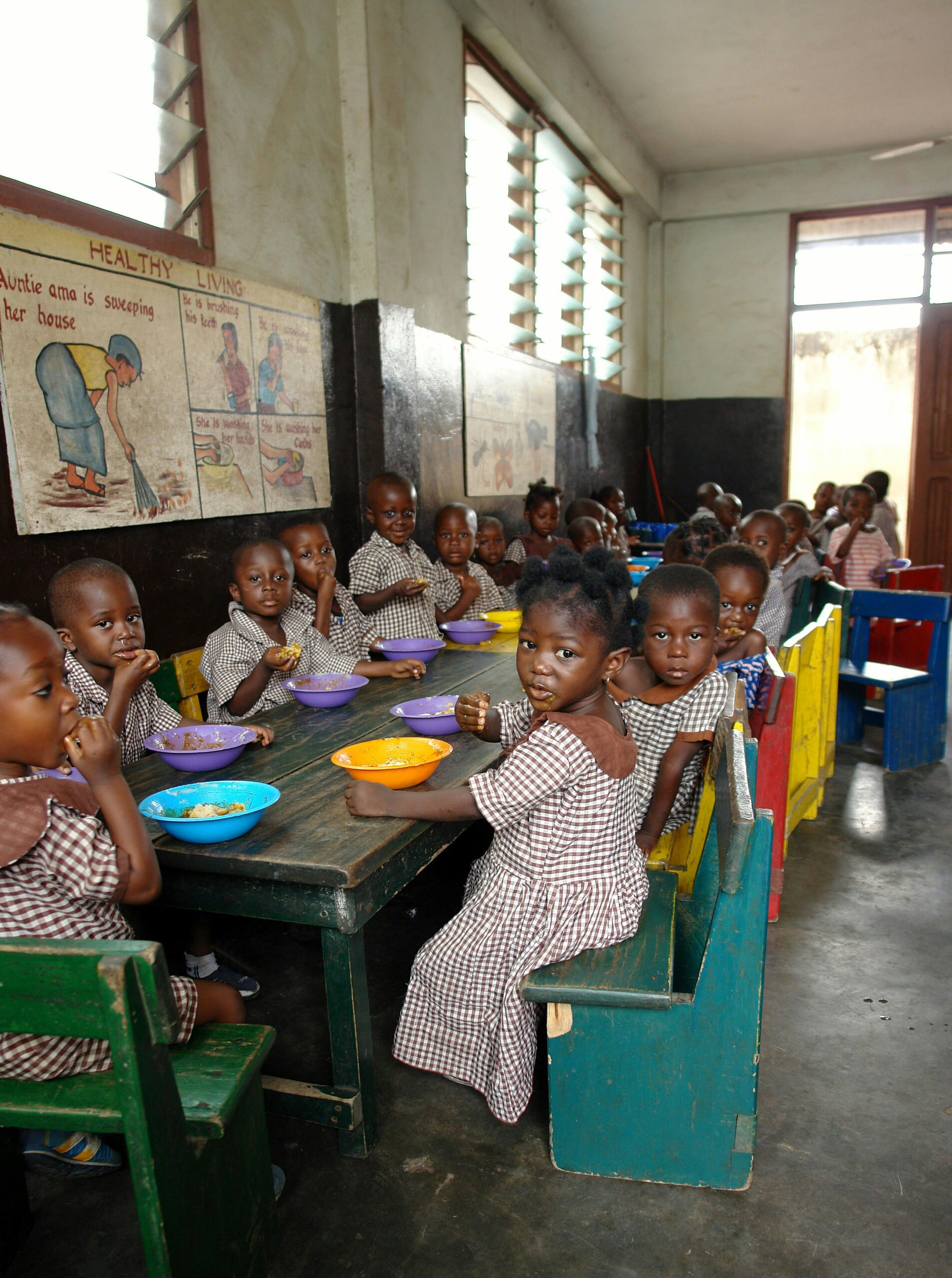
Poor nutrition is a hallmark of poverty, leading to deficiencies in essential vitamins and minerals. Inadequate access to fresh fruits, vegetables, and balanced meals contributes to malnutrition and a host of related health issues.
7. Environmental Hazards

Communities grappling with poverty often face environmental hazards such as pollution, substandard housing, and unsafe water sources. These conditions expose residents to toxins and increase the risk of respiratory illnesses and other health complications.
8. Limited Educational Attainment

Education is a key determinant of health, yet poverty often restricts access to quality schooling. Lower educational attainment is linked to poorer health outcomes, as individuals may lack essential health literacy and access to better job opportunities with healthcare benefits.
9. Maternal and Child Health Disparities

Women and children bear a disproportionate burden of poverty’s health impacts. Limited access to prenatal care, nutritious food, and safe living conditions contributes to higher maternal mortality rates and increased infant mortality and morbidity.
10. Increased Risk of Infectious Diseases

Poverty fosters conditions ripe for the spread of infectious diseases, including overcrowded living spaces and inadequate sanitation. Low vaccination rates and limited access to healthcare exacerbate the risk of outbreaks within impoverished communities.
11. Cycle of Poverty and Illness

Health issues can perpetuate the cycle of poverty, as individuals struggle to work or attend school due to illness or disability. The financial burden of healthcare expenses further deepens economic instability, creating a vicious cycle that is difficult to break.
12. Health Disparities Across Racial and Ethnic Lines

Racial and ethnic minorities are disproportionately affected by poverty and its associated health disparities. Structural racism, discriminatory policies, and socioeconomic barriers contribute to these disparities, perpetuating systemic inequities.
13. Access Barriers to Medications
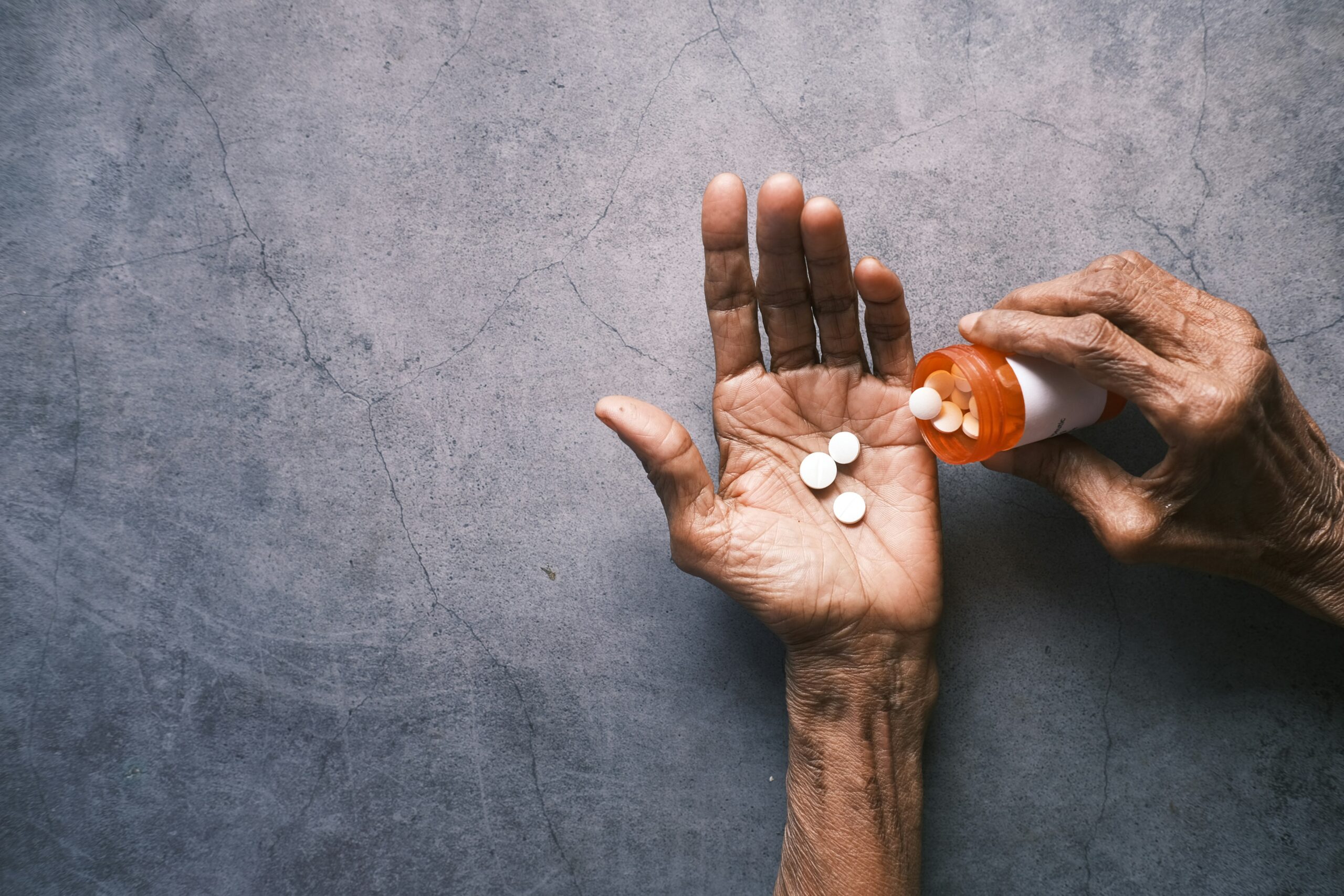
Even when medications are prescribed, individuals living in poverty may struggle to afford them. High out-of-pocket costs and lack of insurance coverage hinder medication adherence, leading to uncontrolled health conditions and increased healthcare utilization.
14. Limited Access to Mental Healthcare

Mental healthcare remains elusive for many living in poverty due to cost, stigma, and a shortage of providers in underserved areas. Lack of access to therapy and psychiatric care exacerbates mental health challenges, leading to increased suffering and reduced quality of life.
15. Impact on Life Expectancy

Poverty significantly impacts life expectancy, with individuals from low-income backgrounds facing shorter lifespans compared to their wealthier counterparts. Socioeconomic factors such as limited access to healthcare, education, and economic opportunities contribute to this disparity.
16. Interplay Between Poverty and Disability
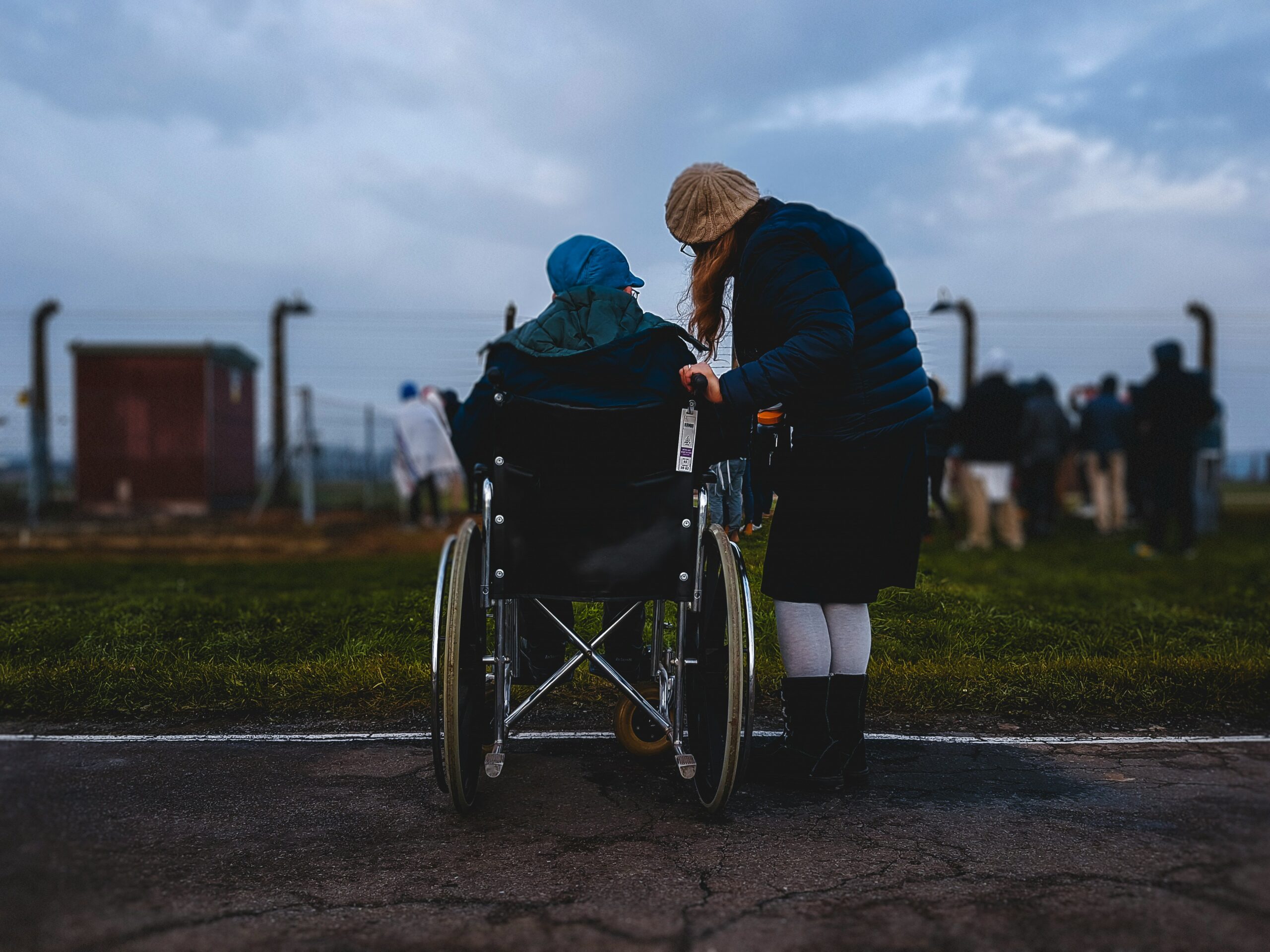
Poverty and disability often intersect, creating additional barriers to healthcare, employment, and social inclusion. Individuals with disabilities are more likely to experience poverty due to limited job prospects and higher healthcare expenses, further compromising their health and well-being.
17. Generational Impact

The effects of poverty on health can span generations, perpetuating cycles of disadvantage. Children born into poverty are more likely to experience poor health outcomes throughout their lives, continuing the cycle for future generations.
18. Economic Costs of Poor Health

The economic toll of poor health stemming from poverty is staggering, encompassing healthcare expenditures, lost productivity, and diminished quality of life. Addressing the root causes of poverty-related health disparities is not only a moral imperative but also an economic necessity.
The Link Between Poverty and Health is Undeniable

In conclusion, the link between poverty and health is undeniable, with far-reaching consequences for individuals, communities, and societies at large. Addressing this complex issue requires a multifaceted approach encompassing policy reforms, increased access to healthcare and social services, and efforts to combat systemic inequalities. By acknowledging these startling facts and taking decisive action, we can strive towards a future where health equity is attainable for all, regardless of socioeconomic status.

Drew Blankenship is a former Porsche technician who writes and develops content full-time. He lives in North Carolina, where he enjoys spending time with his wife and two children. While Drew no longer gets his hands dirty modifying Porsches, he still loves motorsport and avidly watches Formula 1.

